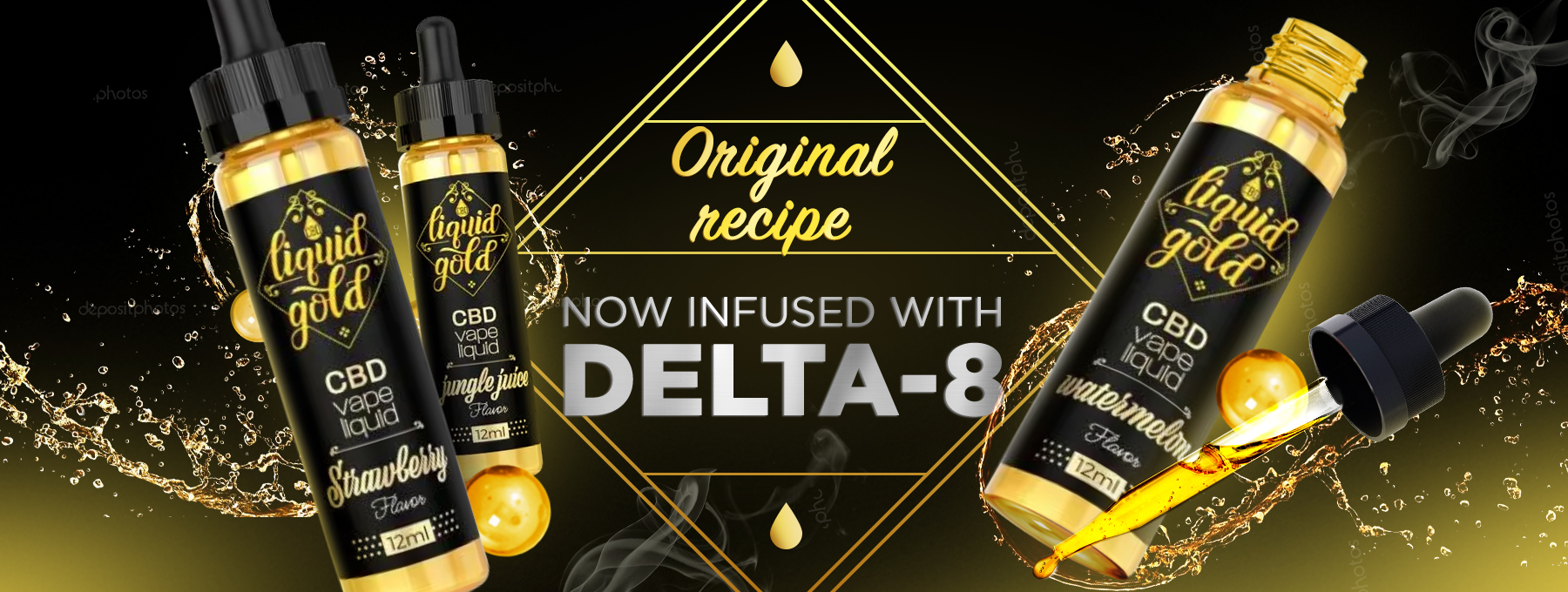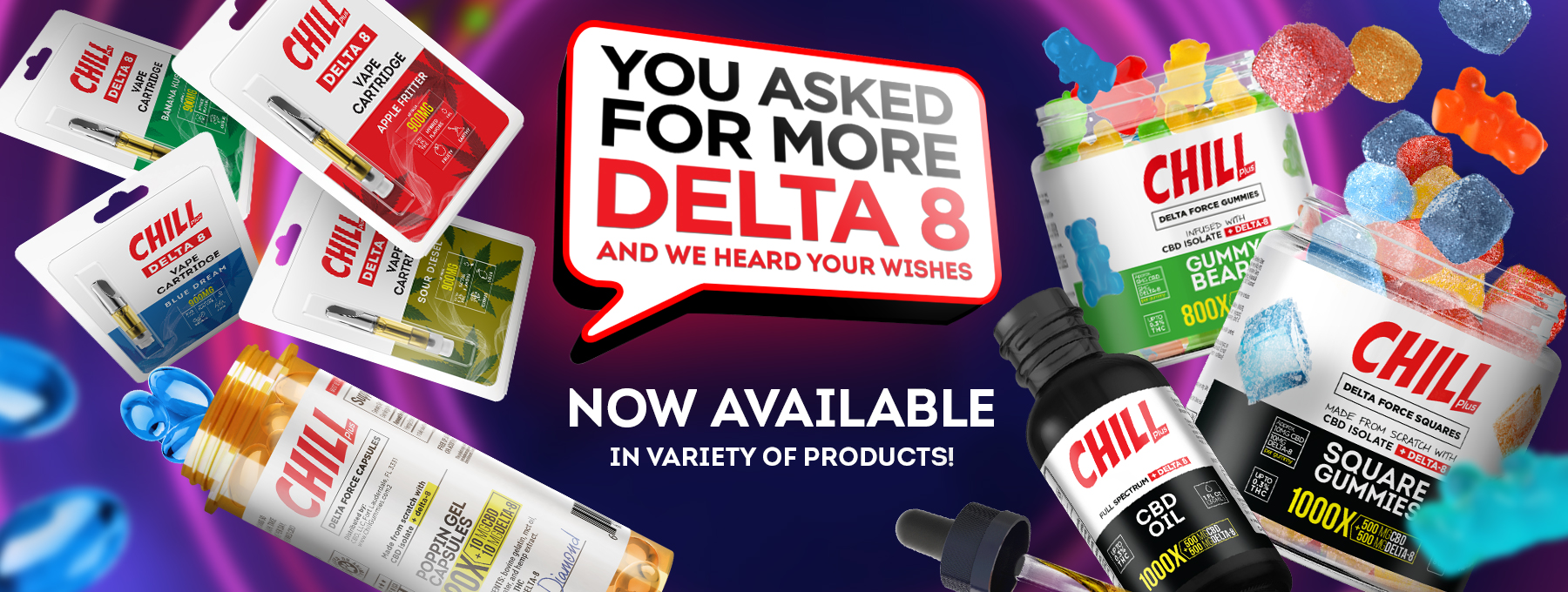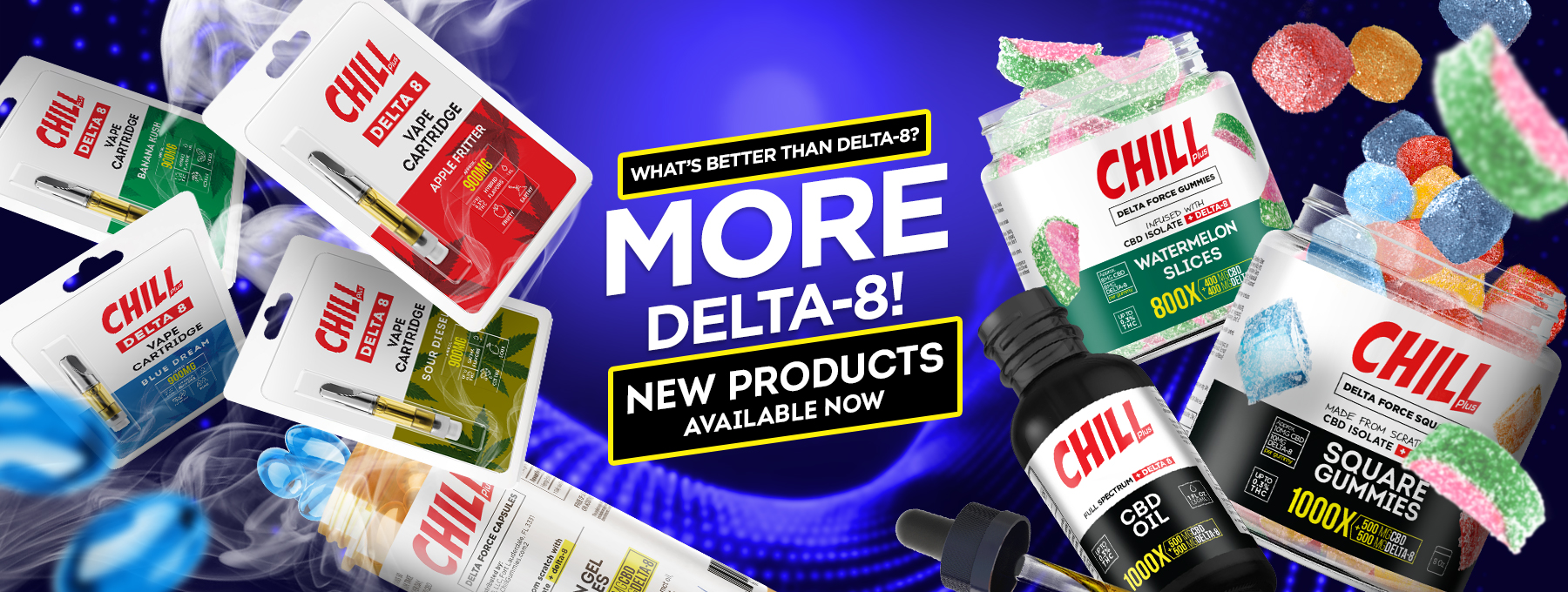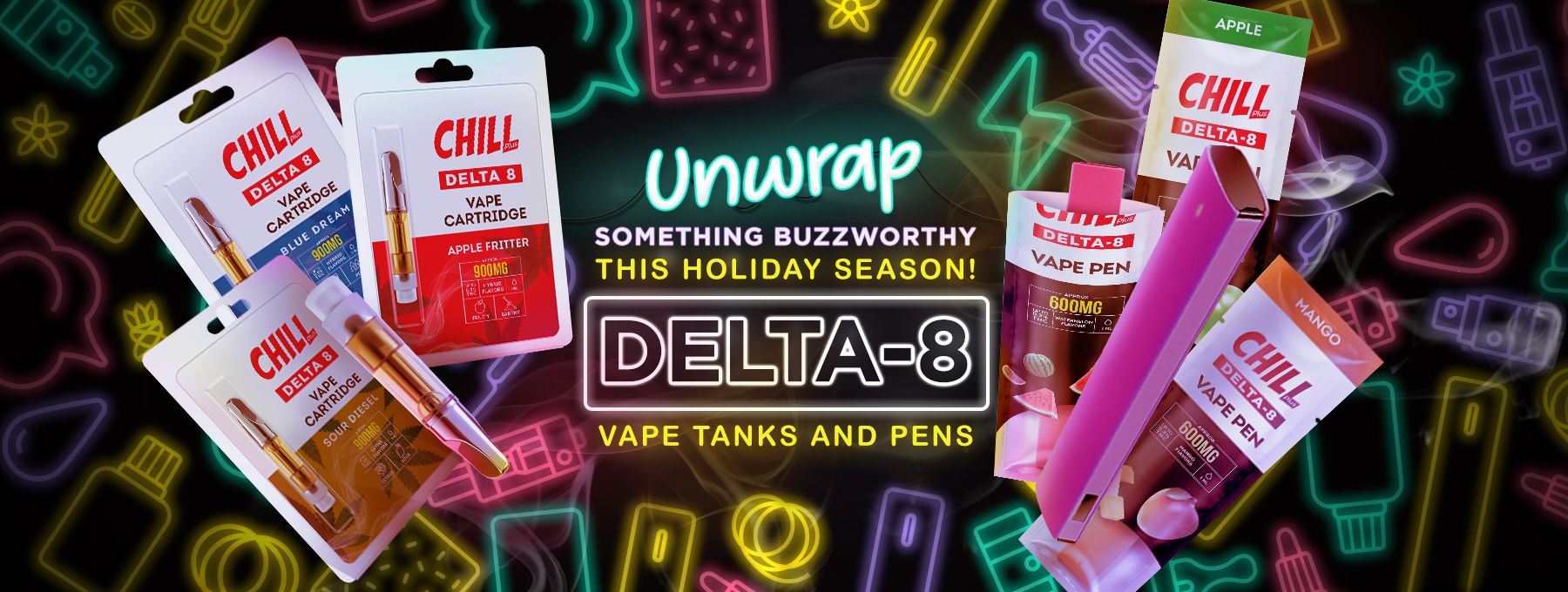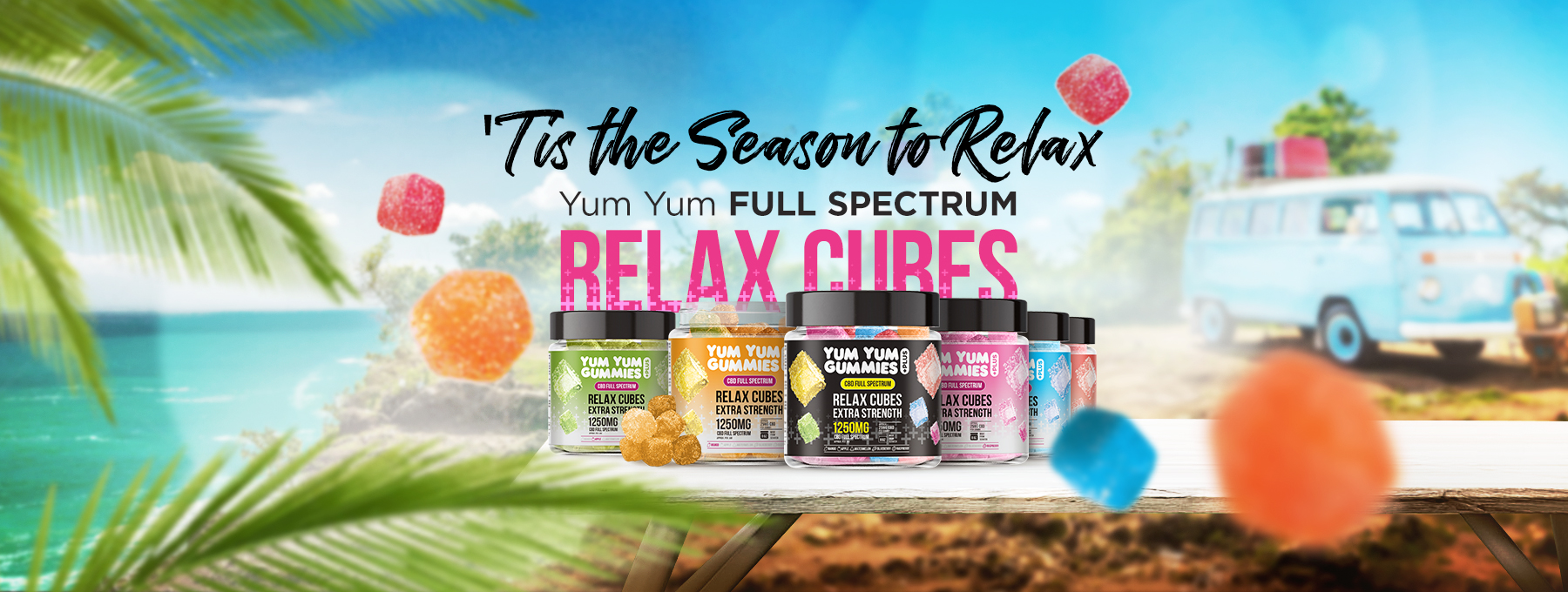CBD and THC
In recent years, CBD (cannabidiol) has surged in popularity as a wellness supplement, with claims of various potential benefits ranging from pain relief to anxiety reduction. This non-intoxicating compound, derived from the hemp plant, has found its way into a myriad of products, including oils, edibles, tinctures, and even CBD flowers. While many users laud its calming effects, there’s a growing concern that needs addressing: Can CBD flower cause paranoia?
CBD and Its Non-Psychoactive Nature
One of the key distinctions between CBD and its counterpart THC (tetrahydrocannabinol) lies in their psychoactivity. Unlike THC, CBD does not induce a “high” or alter perception in users. This can be attributed to the fact that CBD does not directly bind to cannabinoid receptors in the brain. Instead, it interacts with the endocannabinoid system, a regulatory network involved in maintaining bodily balance. The non-psychoactive nature of CBD has led to its legal status in many regions and its availability in various forms for consumer use.

THC’s Role in Paranoia
In contrast to CBD, THC is known for its psychoactive effects, including altered perception, euphoria, and even paranoia in some individuals. High-THC strains of cannabis have been associated with heightened anxiety and paranoia, particularly in susceptible individuals. It’s important to differentiate between CBD-dominant strains, which contain minimal THC, and THC-dominant strains that may induce such adverse reactions.
CBD’s Anxiolytic Properties

One of the most intriguing aspects of CBD is its potential anxiolytic (anxiety-reducing) properties. Studies suggest that CBD interacts with serotonin receptors in the brain, influencing neurotransmitter signaling related to mood regulation.
This could explain why some users experience a sense of relaxation and reduced anxiety after consuming CBD. While research is still ongoing, there is a growing body of evidence indicating its potential in mitigating anxiety-related symptoms.
Cannabidiol (CBD) is one of over a hundred cannabinoids identified in the Cannabis sativa plant. Unlike tetrahydrocannabinol (THC), the primary psychoactive component of cannabis, CBD does not produce a high. Over the past few decades, research into the potential therapeutic benefits of CBD has been increasing, with anxiety reduction being one of the primary areas of interest.
Here are some points to consider regarding the anxiolytic (anxiety-reducing) properties of CBD:
Mechanism of Action
The exact mechanism by which CBD might produce anxiolytic effects is not fully understood. Some research suggests that CBD may affect serotonin levels, which play a key role in mood and anxiety. It may also influence the endocannabinoid system, a complex system that plays a role in regulating a variety of physiological processes including mood and stress.
Clinical Studies
Various animal and human studies have demonstrated the potential anxiety-reducing properties of CBD. For instance:
A study published in 2011 in the Journal of Psychopharmacology found that CBD reduced anxiety and discomfort during public speaking in people with social anxiety disorder.
Another study in the Brazilian Journal of Psychiatry in 2019 provided further support for CBD as a treatment for generalized anxiety disorder, panic disorder, social anxiety disorder, and post-traumatic stress disorder (PTSD).
Side Effects
CBD is generally considered safe, but it can cause side effects for some people. Common side effects include dry mouth, drowsiness, and decreased appetite. As with any treatment, it’s essential to weigh the potential benefits against possible side effects.
Dosage
The effective dosage can vary widely depending on the individual and the form of CBD being used. Some research indicates a bell-shaped dose-response curve, meaning that CBD’s effects on anxiety may decrease after a certain dose. It’s crucial to start with a small dosage and gradually increase until the desired effect is achieved.
Drug Interactions
CBD can interact with several medications, including those that come with a “grapefruit warning.” Always consult with a healthcare provider before combining CBD with other medications.
Legal Status
The legal status of CBD varies from country to country and even within regions of countries. In the U.S., for instance, while the 2018 Farm Bill legalized hemp-derived CBD on a federal level, individual states have their regulations and restrictions.
Purity and Quality Concerns
Not all CBD products are created equal. There have been instances where products labeled as CBD contained little to no CBD or were contaminated with harmful substances. It’s vital to purchase CBD products from reputable sources and to check for third-party lab test results.
Clinical Trials and User Reports
Several clinical trials have been conducted to investigate the effects of CBD on mental state. These trials have shown promising results in reducing anxiety levels in participants. Additionally, anecdotal reports from users highlight CBD’s positive impact on anxiety and stress. It’s important to note, however, that individual responses to CBD can vary significantly. Factors such as dosage, product quality, and personal physiology all play a role in determining the outcome of CBD consumption.

Factors Affecting Paranoia
Dosage and Administration
The relationship between CBD dosage and its effects is complex. While low to moderate doses are generally associated with relaxation, higher doses might not necessarily lead to increased benefits and could potentially exacerbate anxiety. Different methods of CBD consumption, including smoking, vaping, oils, and edibles, also influence the onset and duration of effects. Microdosing, which involves taking small amounts of CBD, has gained attention as a strategy to potentially manage anxiety without inducing adverse reactions.
Product Quality and Source
The quality of CBD products is paramount to their effects and safety. Sourcing CBD from reputable suppliers ensures that the product contains the stated amount of CBD and minimal contaminants. The “entourage effect”, the synergy between different cannabinoids and compounds in hemp, is believed to contribute to CBD’s overall efficacy. Understanding how to evaluate product quality through reading lab reports and checking for third-party testing is essential for informed CBD use.

Pre-existing Conditions and Sensitivity
Individuals with pre-existing mental health conditions should approach CBD use cautiously. While CBD holds promise in anxiety management, those with severe anxiety or other mental health disorders should seek professional guidance before self-medicating. Sensitivity to cannabinoids varies among individuals, and what works well for one person might not have the same effects on another. It’s essential to monitor one’s own response and make informed decisions accordingly.
Choose Leaf Alleviate – Your Trusted CBD Provider
The effects of CBD flower vary from person to person, and while some may experience heightened anxiety, many find relief and calm. Choose Leaf Alleviate as your trusted CBD provider, ensuring quality and transparency in your wellness journey. Empower yourself with the right choice for a balanced and soothing experience. Explore our range of products here for a balanced and soothing journey towards well-being. Choose quality, choose Leaf Alleviate today!
FAQs
Q: Can CBD Flower Get You High?
CBD flower, when sourced from hemp, contains negligible amounts of THC (usually below 0.3%), which is insufficient to induce a psychoactive high. CBD itself is non-intoxicating and does not alter perception or consciousness. This makes CBD flower an attractive option for those seeking potential therapeutic benefits without the unwanted psychoactive effects.
Q: Can CBD Actually Help with Anxiety?
Research suggests CBD’s interaction with the endocannabinoid system and its influence on neurotransmitter signaling may contribute to its potential anti-anxiety effects. Multiple studies have shown positive outcomes in reducing anxiety-related symptoms. However, individual responses vary, and while some individuals experience significant relief, others may not experience the same level of benefit.
Q: What Should I Do If I Feel Paranoid After Using CBD?
If you experience feelings of paranoia or heightened anxiety after using CBD, there are several steps you can take. Firstly, try to remain calm and remember that these feelings are likely to be temporary. Consider lowering your dosage if you suspect that you’ve consumed too much. If feelings of paranoia persist or worsen, it’s advisable to consult a healthcare professional. They can provide personalized guidance based on your situation.

![Can CBD Flower Make You Paranoid? The [Complete] Guide to Weed Anxiety Relief](https://leafalleviate.com/wp-content/uploads/2023/09/Can-CBD-Flower-Make-You-Paranoid-The-Complete-Guide-to-Weed-Anxiety-Relief.png)
